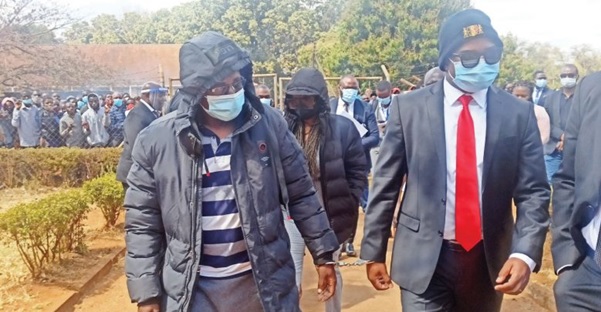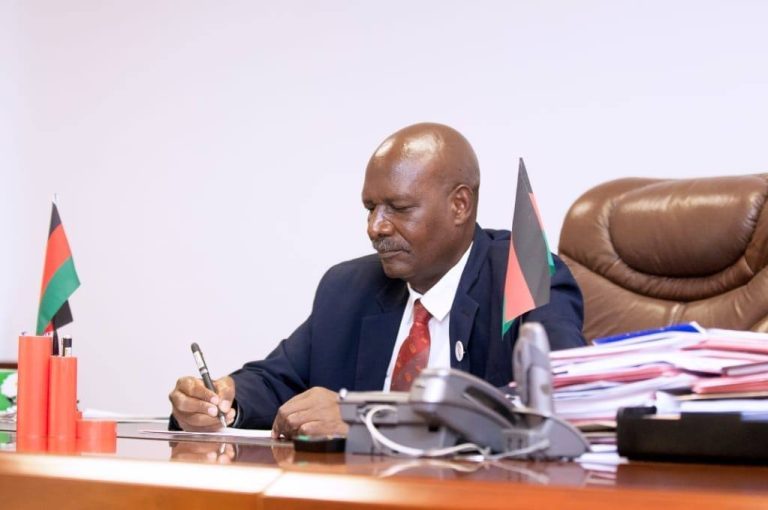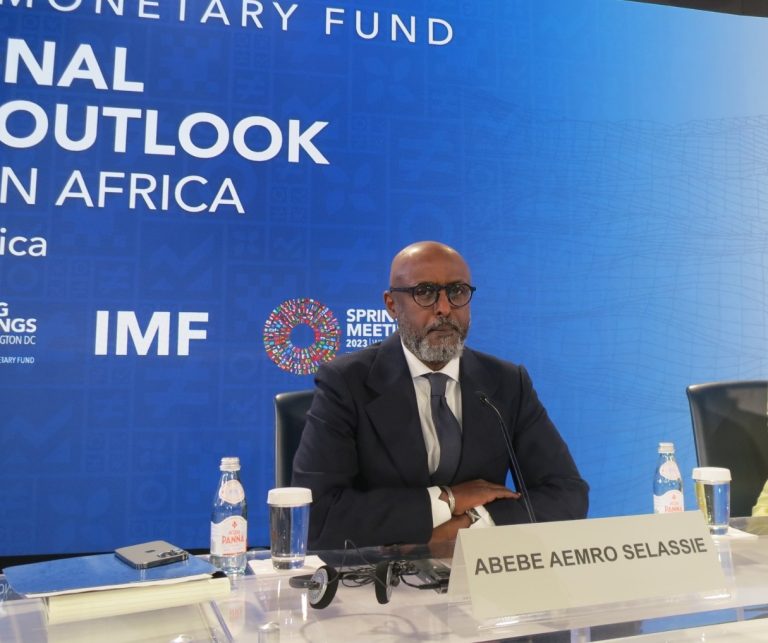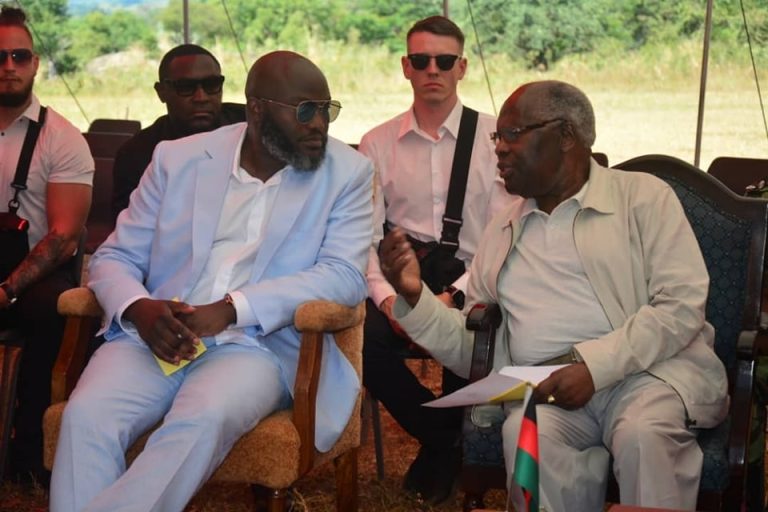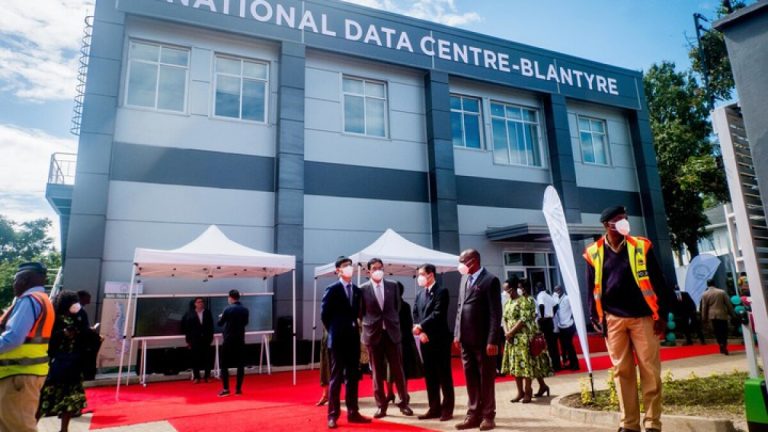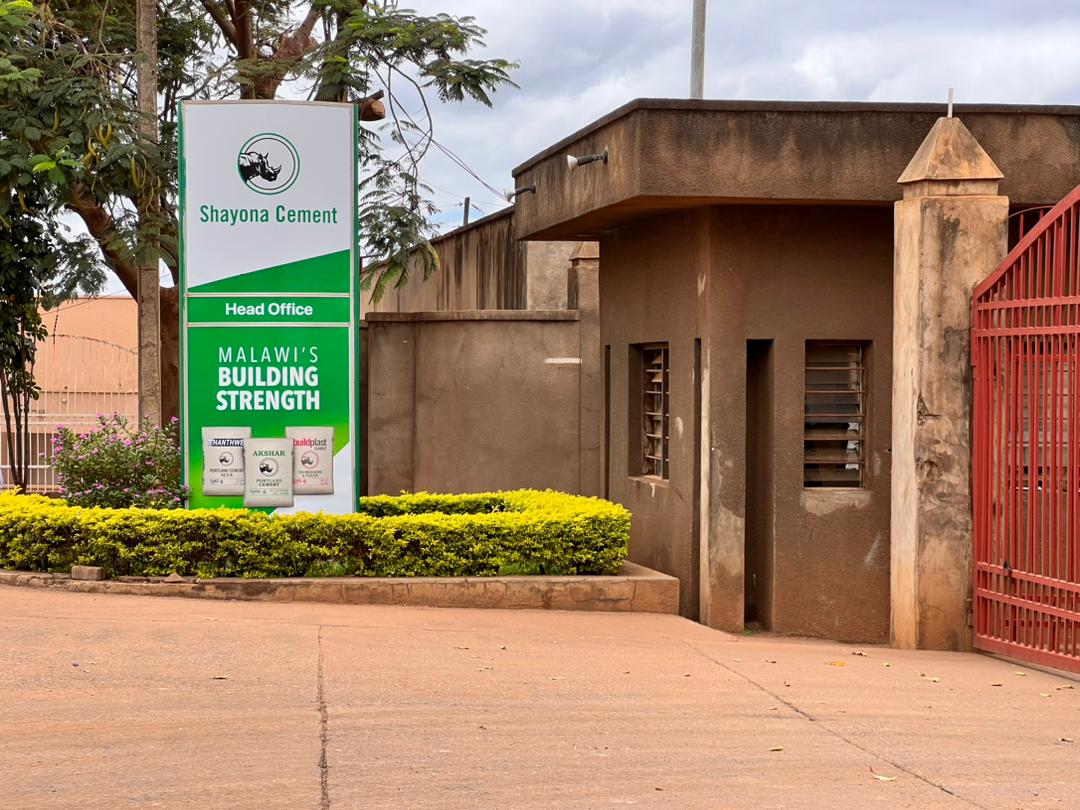By PIJ Reporter
- Top officials implicated in over K4 billion mishandling
- Court told DPP benefitted from the fraudulent activities

On July 27 last year, Police in Lilongwe arrested MERA Chief Executive Officer Collins Magalasi and spokesperson Patrick Maulidi, just a few days after arresting Bright Mbewe from MERA’s procurement office, for alleged fraud.
Magalasi, a one-time executive assistant to former president Peter Mutharika, and three others, including his business partner Dorothy Shonga-Nkhoma, were charged with four counts of fraud, abuse of office, money laundering and entering into a contract with an employee through a K107 million procurement deal.

A charge sheet presented in court indicates that in August last year, the accused allegedly induced MERA’s Internal Procurement and Assets Disposal Committee to approve the procurement of various items from Vink Enterprises owned by Nkhoma.
Other Ways on How MERA Makes its money
Apart from collecting revenue through licences, MERA also manages a multimillion-kwacha Price Stabilisation Fund (PSF) where it draws money to pay for carbon tax to Government’s account number one.
In 2020/21 Government changed carbon tax payment from the point of renewal of certificate of fitness (CoF) of vehicles to the fuel pump levied at K5 per litre.
Malawi sells about 30 million litres of fuel a month, which translates into K150 million in carbon taxes.
MERA also collects Rural Electrification Levy, Road Levy, Energy Regulation Levy, Malawi Bureau of Standards and Road Traffic Levy through the pump.
On money laundering charge, the court records indicate that the accused “knowingly or having reasonable grounds to believe that money amounting to K107 million in whole or in part, directly represented proceeds of a predicate crime of fraud other than false pretences, converted the same with the aim of concealing the illicit origin of the said money”.
Bankrolling former ruling DPP
The four, are currently on bail, but Magalasi also appeared in court two weeks ago where court documents showed how the former ruling DPP used the energy regulatory body to finance its 2018 convention to a tune of K10.5 million, according to invoices from different hotels.

Court documents show MERA allegedly paid about K10.5 million as accommodation for DPP officials at Kanjedza Lodge, Oasis Hotel and Heritage Serendib in Blantyre between July and August 2018.
The court documents further revealed that MERA had never, at any time, conducted workshops at the respective venues in the commercial city during the period.
In a different appearance before the court to answer to charges bordering on abuse of office and fraud, Magalasi, told the court that he did not understand the charges.
“I don’t understand what is contained on the charge sheet and I don’t understand the word abuse of office, I need to consult my lawyer,” said Magalasi who has a decorated resume as the pioneer of Malawi Economic Justice Network (MEJN), a broad civil society coalition that campaigns for just, economic policies where he worked as its CEO for five years.
He joined ActionAid International where for three years he worked as Head of Policy and Country Director based in South Africa. When Peter Mutharika was elected Malawi President in 2014, he appointed Magalasi as his Chief Economic Advisor from his position as CEO for African Forum and Network on Debt and Development (AFRODAD) where he worked for four years. He was promoted as Chief Economic Advisor and Executive Assistant to the President before joining MERA in November 2017.
Procurement Flaws in Mobile Laboratory Fuel Testing Van
Another case that has further embroidered MERA into corruption accusations is to do with two payments totalling K704 million for the procurement of the new mobile laboratory fuel testing van. K563, 200, 000 was paid through cheque number 26180 while another cheque of K140, 800 000 was also paid.
The procurement, which was done through an open tender Procurement number MERA: 2/04/2018/08, shows that City Motors emerged as a successful bidder. The Human Rights Defenders Coalition (HRDC) contested the process and wrote the Anti-Corruption Bureau (ACB) to investigate a suspected case of fraud in the contract agreement.
HRDC chairperson Gift Trapence said in the July 12, 2020 letter that a whistle-blower revealed to them the suspected flaws in the implementation of the procurement contract.
Trapence said in an interview that their organisation acquired documents that show that on 7th May 2019, MERA paid City Motors K563,200,000 which translates into 80 per cent as advance payment.
“Our reading of the procurement laws, especially the Procurement Regulations, shows that it is illegal to make an advance payment in the purchase of goods procured locally,” said the letter in part. The ACB is still investigating the matter.
Contract Supply Defects in Electronic Fuel Level Sensors
Much as these are important gadgets as they help to check the siphoning of fuel from tanks of trucks and depots, HRDC still wondered why MERA opted for restricted tendering of the materials and proceeded to award the contract to firms in 2018 which was increased by K800 million despite objections from the Public Procurement and Disposal of Assets Authority (PPDAA).
PPDAA objection was as a result of its findings that the firm was not the lowest evaluated bidder and lacked proof of a proven record in similar work.
Out of the targeted 1,447 trucks, the firms only managed to install sensors on less than 20 trucks leading to accusations from HRDC that MERA was micromanaging the fuel industry.
They questioned the regulator’s interest in financing the installing of electronic sensors on private trucks and private fuel depots.
Before he was given the boot, Magalasi told the media that the Authority would cooperate with the investigations as they have nothing to hide.

Questionable Fuel Contracts
At the time that MERA officials are being taken to task to explain their roles in the said accusations, another questionable deal was stopped in its tracks. This follows calls for the regulator to turn down an application from National Oil Company of Malawi (NOCMA) to allow it to award fuel contracts to two suppliers from a field of 23 applicants.
Through the acting CEO Ishmael Chioko, MERA wrote NOCMA on January 15 declining the approval of the application effectively stopping it to proceed with seeking a ‘No objection’ PPDA to award the two contracts for NOCMA’s required supply of 314 830 metric tonnes (MT) of fuel for the whole 2020/21.
Two months earlier, Minister of Energy Newton Kambala had cancelled the tenders on the grounds that NOCMA did not have an executive management in place to execute such transactions.
NOCMA wrote on December 9, 2020, that an adhoc evaluation committee had settled for a Kuwait-based Independent Petroleum Group (IPG) and Lake Oil Company of Tanzania out of the evaluated 23 bids. NOCMA’s internal procurement and disposal committee approved the award of contracts.
MERA advised NOCMA to transparently re-evaluate the 23 bidders as submitted by the various interested suppliers, besides ensuring that there is a clear link between the prices of fuel in the contracts and the prices that were announced when the bids were opened.
MERA spokesperson Fitina Khonje said it was important for NOCMA to open up to the public about the tender process and that licensees should also be transparent about their operations.

